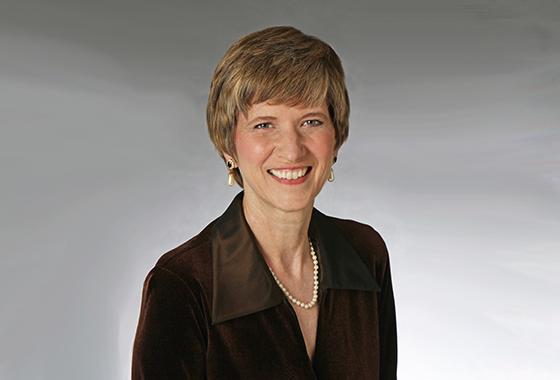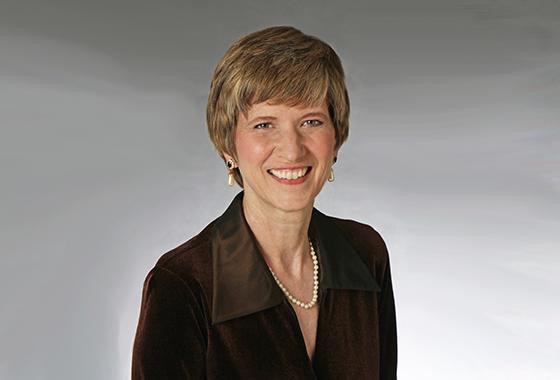
Credit: Penn Nursing
PHILADELPHIA (September 26, 2017) – Elderly, chronically ill people experience frequent changes in health status that require transitions among health care providers and settings. Significant attention has been focused on coordinated transitional care models that assure continuity of care, prevention of hospital readmission, avoidance of complications, and close clinical treatment and management. But specific transitional needs of obese people who need to be transferred to nursing homes for post-acute care are often overlooked.
A study from the University of Pennsylvania School of Nursing (Penn Nursing) illustrates the challenges of transitioning persons who are severely obese to a nursing home after an acute care stay and, specifically, the experiences of hospital discharge planners. "Barriers in Transitioning Patients with Severe Obesity from Hospital to Nursing Homes" has been published in the Western Journal of Nursing Research.
The researchers found that patient size and perceived availability of bariatric equipment can act as barriers to discharging obese patients to nursing homes. Failure to move patients who are severely obese out of hospitals into post-acute care has the potential to lead to poor outcomes associated with extended hospital stays. These include an elevated risk for hospital adverse events and increased cost.
"Given increasing obesity rates, health care delivery systems must be prepared to provide necessary resources and all levels of care, including transitions for hospitalized patients who are severely obese needing nursing home care post-discharge," explains lead-author Christine K. Bradway, PhD, RN, CRNP, FAAN, Associate Professor of Gerontological Nursing. "Understanding the unique nursing and transitional care needs of patients who are severely obese and optimizing their transitional care experiences is an increasingly relevant area of study."
###
Co-authors of the study include Holly C. Felix, PhD, MPA and Xiaocong Li, PhD(c), both of the University of Arkansas at Little Rock; and Tonya Whitfield of Hornby Zeller Associates. The study was supported by the Translational Research Institute grants UL1TR000039 and KL2TR000063 through the National Institute of Health's National Center for Research Resources, the National Center for Advancing Translational Sciences, and the Research Committee of the University of Pennsylvania's School of Nursing.
About the University of Pennsylvania School of Nursing
The University of Pennsylvania School of Nursing is one of the world's leading schools of nursing. For the second year in a row, it is ranked the #1 nursing school in the world by QS University, and has four graduate programs ranked number one by U.S. News & World Report, the most of any school in the United States. Penn Nursing is consistently among the nation's top recipients of nursing research funding from the National Institutes of Health. Penn Nursing prepares nurse scientists and nurse leaders to meet the health needs of a global society through research, education, and practice. Follow Penn Nursing on: Facebook, Twitter, LinkedIn, Instagram & YouTube.
Media Contact
Ed Federico
[email protected]
215-746-3562
http://www.nursing.upenn.edu
Original Source
https://www.nursing.upenn.edu/live/news/905-rising-obesity-levels-underscore-need-for-enhanced





